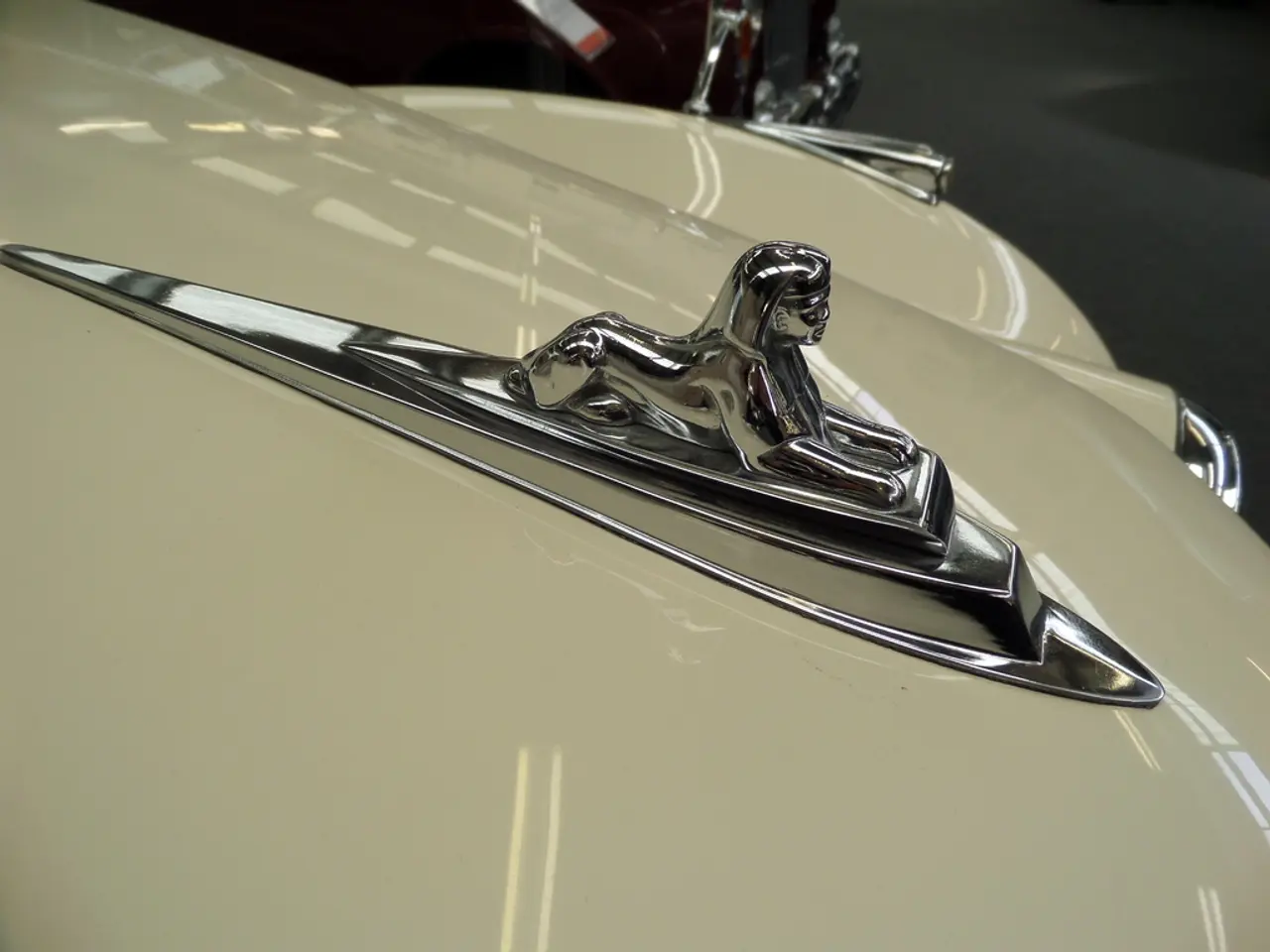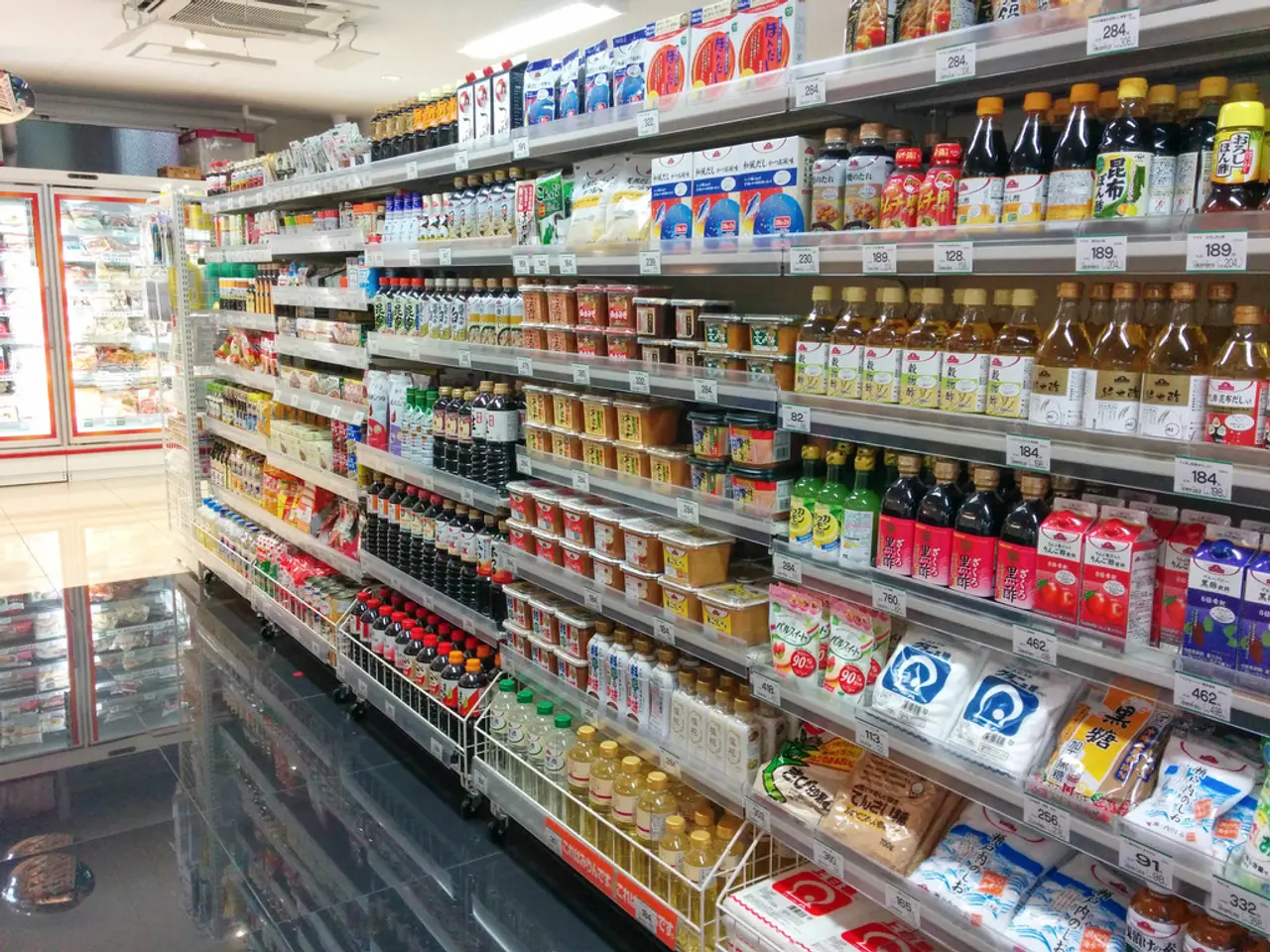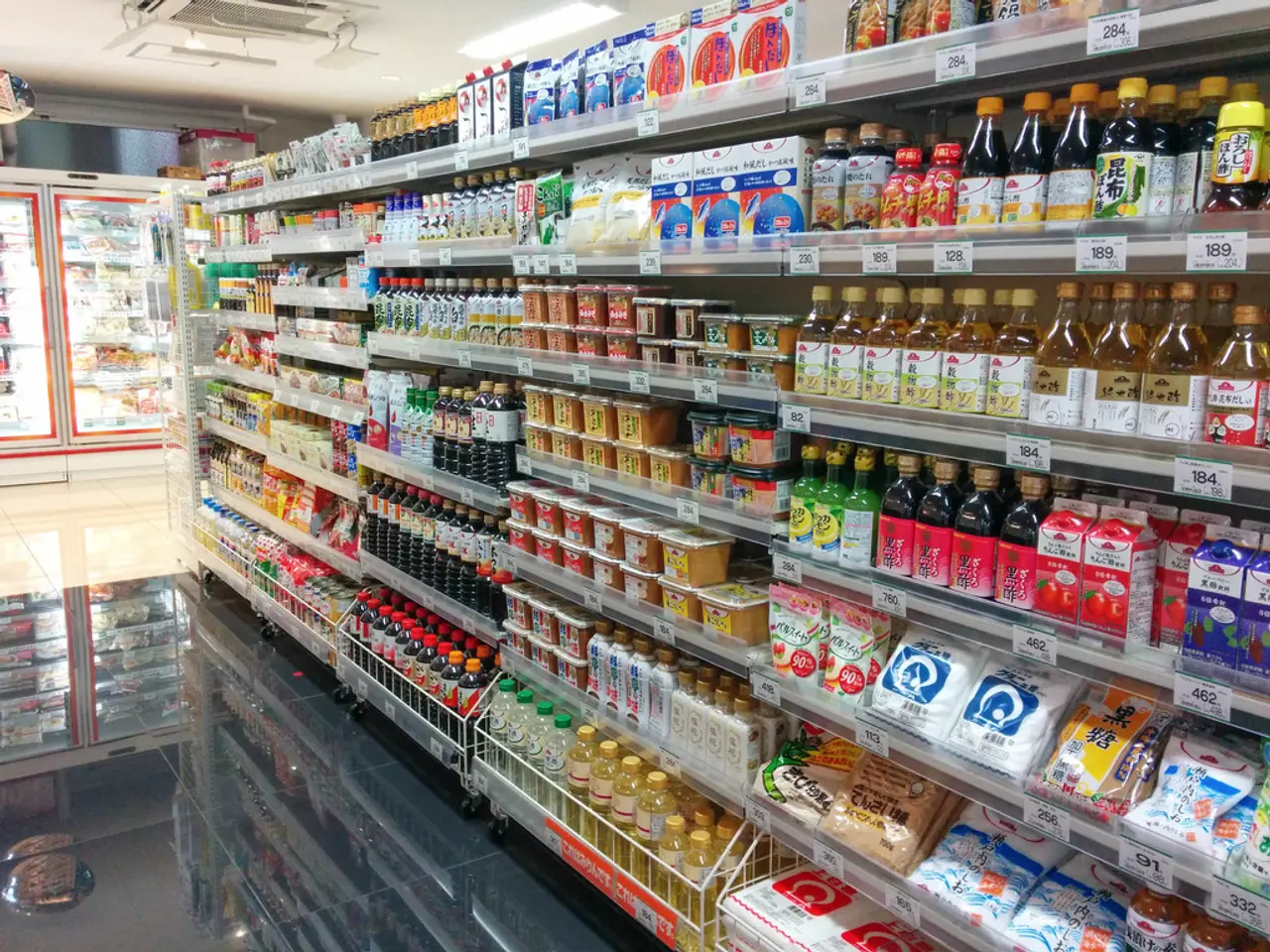Vehicle reliability ratings: Volkswagen ranks at the bottom
In the latest Consumer Reports reliability ranking, Japanese car manufacturers have once again proven their dominance, with Subaru claiming the top spot. Meanwhile, Volkswagen, a German car manufacturer, has slipped to the bottom places, a significant shift that has caused a stir in the automotive industry.
The survey, which included data from approximately 300,000 vehicle owners from model years 2000 to 2024, covered 20 problem categories, including electronics and engine issues. Audi ranks 7th and BMW ranks 8th in the survey, both ahead of Volkswagen.
The high reliability of Japanese cars compared to other brands stems mainly from stringent quality control, engineering philosophies prioritizing durability, use of high-quality and simple yet robust parts, and consistent manufacturing standards. Japanese automakers such as Toyota use rigorous systems like the Toyota Production System (TPS) that focus on defect elimination and production consistency, ensuring fewer mechanical issues over time.
Unlike many competitors, Japanese manufacturers emphasize refinement of proven, simple, and efficient technologies rather than rapid, untested innovations—resulting in engines and systems that endure high mileage with minimal wear. Japanese automakers also invest in sourcing durable materials for engines, transmissions, and brakes. Parts are designed for ease of replacement and longevity, lowering long-term repair costs.
Brands like Subaru have also gained top reliability rankings recently, in part because of shared dependable components within their lineups. This strategy, believed to significantly reduce technical weaknesses, has contributed to Subaru's success in the latest ranking.
Tesla ranks 17th in the survey, ahead of Volkswagen. Consumer Reports cites frequent platform changes, inconsistent model lines, and more complex electronic systems as causes of Volkswagen's poor performance. These factors significantly increase both error frequency and maintenance costs for Volkswagen.
Industry analysts attribute Subaru's success to a thoughtful platform strategy, which involves models like "Forester" and "Impreza" sharing many components across generations. Industry associations like VDMA attribute the long-term success of Japanese brands to lean production, just-in-time principles, and stable supply chains.
Long-term drivers who value low costs and high reliability still find Japanese combustion or hybrid technology a safe choice. However, Consumer Reports advises not to rely solely on the brand name, but to specifically check the reliability of individual Volkswagen models. Certain Volkswagen or Audi hybrid variants may have weaknesses, according to Consumer Reports.
Volkswagen joins the group of Jeep, Cadillac, GMC, and Rivian - brands considered particularly problematic. The poor ranking of Volkswagen has caused a stir in the automotive industry, with experts suggesting that the company may need to reevaluate its approach to quality control and production systems to improve its reliability scores.
- Japanese car manufacturers, such as Subaru, have dominated the latest Consumer Reports reliability ranking, showcasing their high-quality automotive products and efficient production methods.
- In contrast, German car manufacturer Volkswagen has struggled, with frequent platform changes and complex electronic systems identified as issues that contribute to higher error frequency and maintenance costs.
- The finance sector may want to closely monitor the performance of both Japanese brands and Volkswagen, as the reliability of Japanese cars tends to offer lower long-term repair costs compared to Volkswagen due to their simple yet robust parts and consistent manufacturing standards.
- Meanwhile, Tesla, despite ranking lower than some Japanese brands, has managed to outperform Volkswagen in the survey, possibly indicating that the automotive industry needs to focus on maintaining a balance between rapid innovations and proven, reliable technologies to ensure success.




